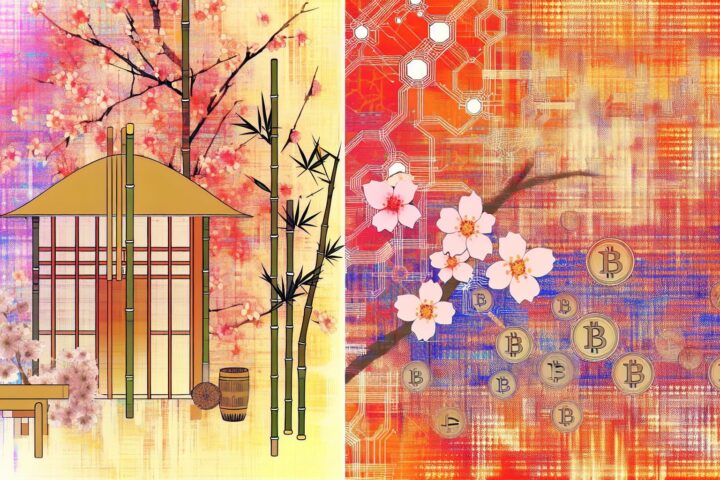Key Takeaways
Before delving into the topic of “bad Asian,” it is important to clarify that the term itself is derogatory and perpetuates harmful stereotypes. This article aims to address the misconceptions surrounding this phrase and shed light on the diverse experiences and achievements of Asian individuals. By challenging these stereotypes, we can foster a more inclusive and understanding society.
Understanding the Stereotype
The term “bad Asian” is a derogatory phrase that perpetuates harmful stereotypes about Asian individuals. It suggests that Asians are inherently inferior or incapable of success. This stereotype is not only offensive but also completely unfounded. It is crucial to recognize that individuals should not be judged based on their race or ethnicity, as it undermines their unique talents, abilities, and contributions to society.
Asian individuals, like any other group, are diverse and multifaceted. They come from various countries, cultures, and backgrounds, each with their own unique experiences and perspectives. Reducing them to a single stereotype is not only unfair but also perpetuates ignorance and discrimination.
Breaking the Stereotype
It is essential to challenge and break down the “bad Asian” stereotype by highlighting the achievements and successes of Asian individuals across various fields. By doing so, we can showcase the diversity and talent within the Asian community and dispel the notion that they are somehow inherently “bad.”
Asian individuals have made significant contributions in fields such as science, technology, arts, sports, and business. From Nobel laureates to renowned artists, Asian individuals have excelled and achieved great success in their respective fields. By acknowledging and celebrating these accomplishments, we can challenge the stereotype and promote a more inclusive and accurate representation of Asian individuals.
Asian Excellence in Science and Technology
Asian individuals have made remarkable contributions to the fields of science and technology. From breakthrough discoveries to groundbreaking inventions, their impact is undeniable. For instance, Dr. Chien-Shiung Wu, a Chinese-American physicist, played a crucial role in disproving the law of conservation of parity, which led to a Nobel Prize in Physics for her colleagues. Similarly, Dr. Tu Youyou, a Chinese scientist, received a Nobel Prize in Physiology or Medicine for her discovery of artemisinin, a drug used to treat malaria.
In the realm of technology, Asian individuals have also left an indelible mark. The co-founder of Apple Inc., Steve Wozniak, is of Ukrainian and Swiss-German descent, while the current CEO of Google, Sundar Pichai, is of Indian origin. These individuals, among many others, have revolutionized the tech industry and continue to inspire future generations.
Asian Influence in Arts and Culture
Asian individuals have made significant contributions to the arts and cultural landscape. From literature to film, their creativity and talent have captivated audiences worldwide. Renowned Japanese author Haruki Murakami has gained international acclaim for his thought-provoking novels, while Chinese filmmaker Ang Lee has won multiple Academy Awards for his exceptional storytelling and filmmaking skills.
Asian actors and actresses have also made their mark in the entertainment industry. From the legendary Bruce Lee to contemporary stars like Priyanka Chopra and Park Chan-wook, their performances have garnered critical acclaim and shattered stereotypes. These individuals have not only entertained audiences but also challenged the notion of what it means to be an Asian actor in Hollywood.
Asian Athletes and Sports Icons
Asian athletes have achieved remarkable success in various sports, showcasing their dedication, skill, and determination. Chinese gymnast Li Ning, for example, won six Olympic medals, including three golds, during his career. Japanese tennis player Naomi Osaka has become a global sensation, winning multiple Grand Slam titles and using her platform to advocate for social justice.
Asian athletes have not only excelled individually but have also made significant contributions to team sports. The “Dream Team” of South Korean women’s archery, for instance, has dominated the sport, winning multiple Olympic gold medals and setting world records. These achievements highlight the talent and resilience of Asian athletes, debunking the notion that they are somehow “bad” in sports.
Conclusion
The term “bad Asian” is a derogatory phrase that perpetuates harmful stereotypes and undermines the achievements and contributions of Asian individuals. By challenging these stereotypes and highlighting the diverse accomplishments of Asian individuals in various fields, we can foster a more inclusive and understanding society.
It is crucial to recognize that Asian individuals, like any other group, are not defined by a single stereotype. They are talented, capable, and have made significant contributions to science, technology, arts, sports, and many other areas. By celebrating their achievements, we can break down the “bad Asian” stereotype and promote a more accurate and inclusive representation of Asian individuals in society.








